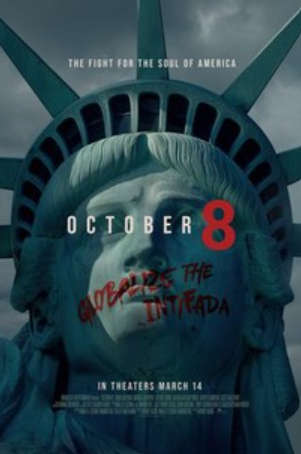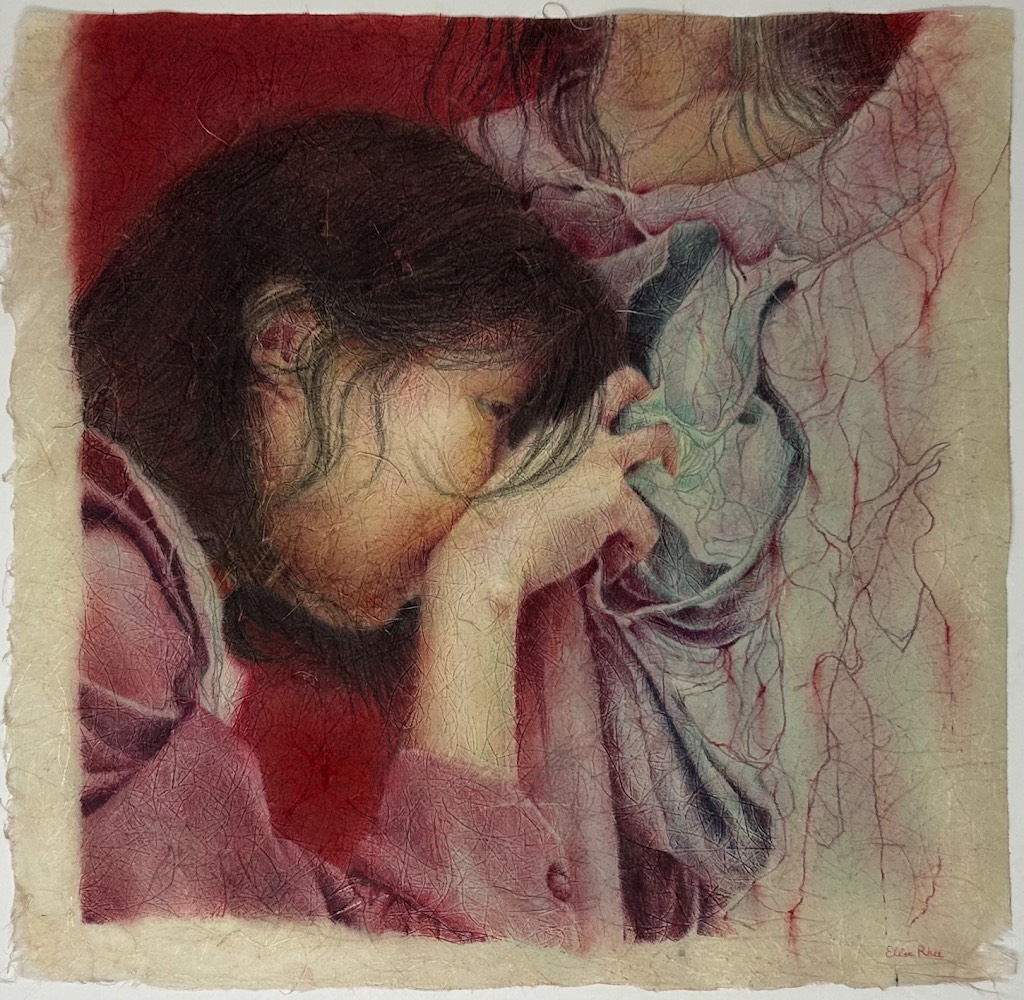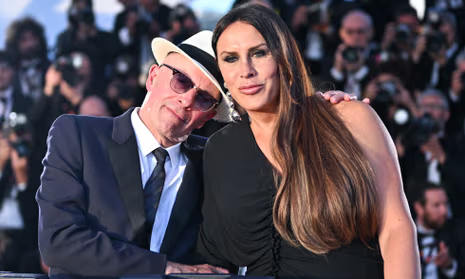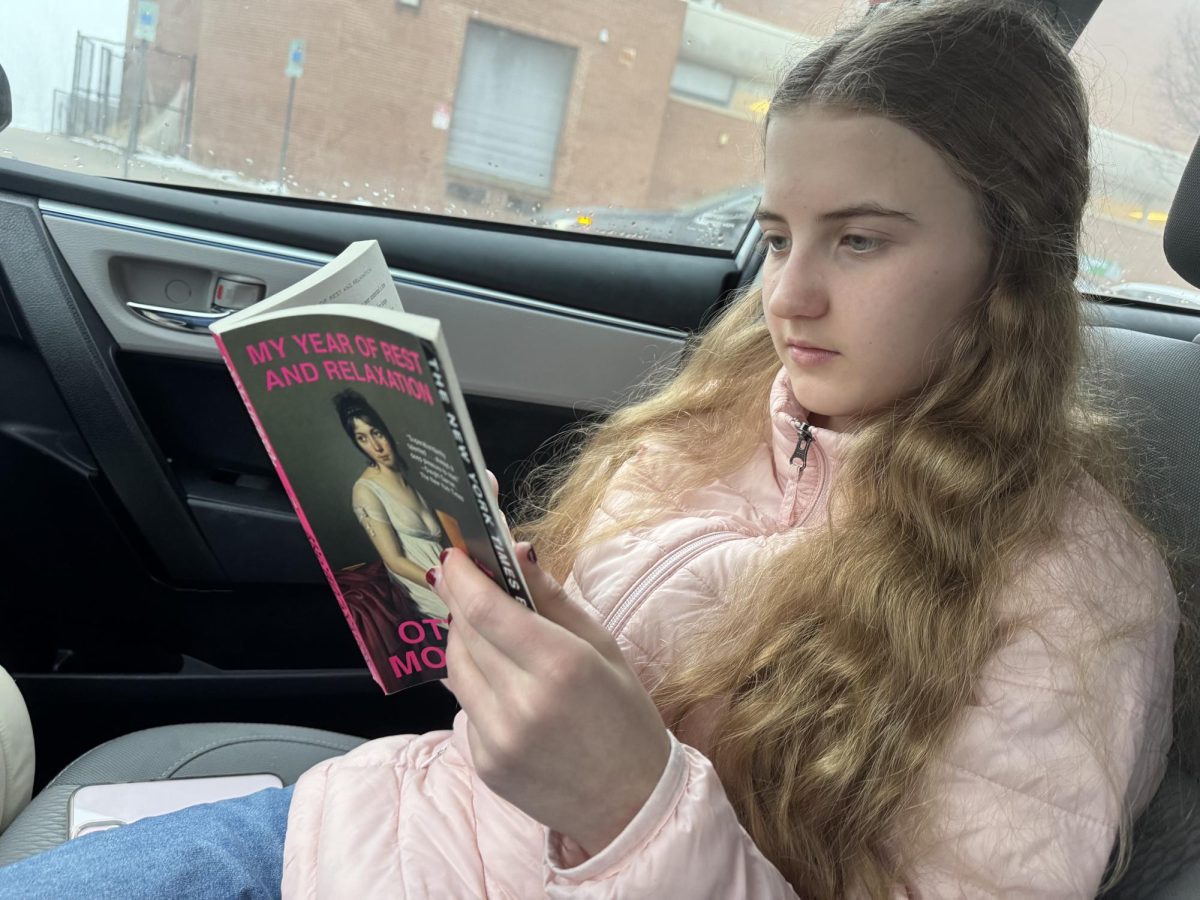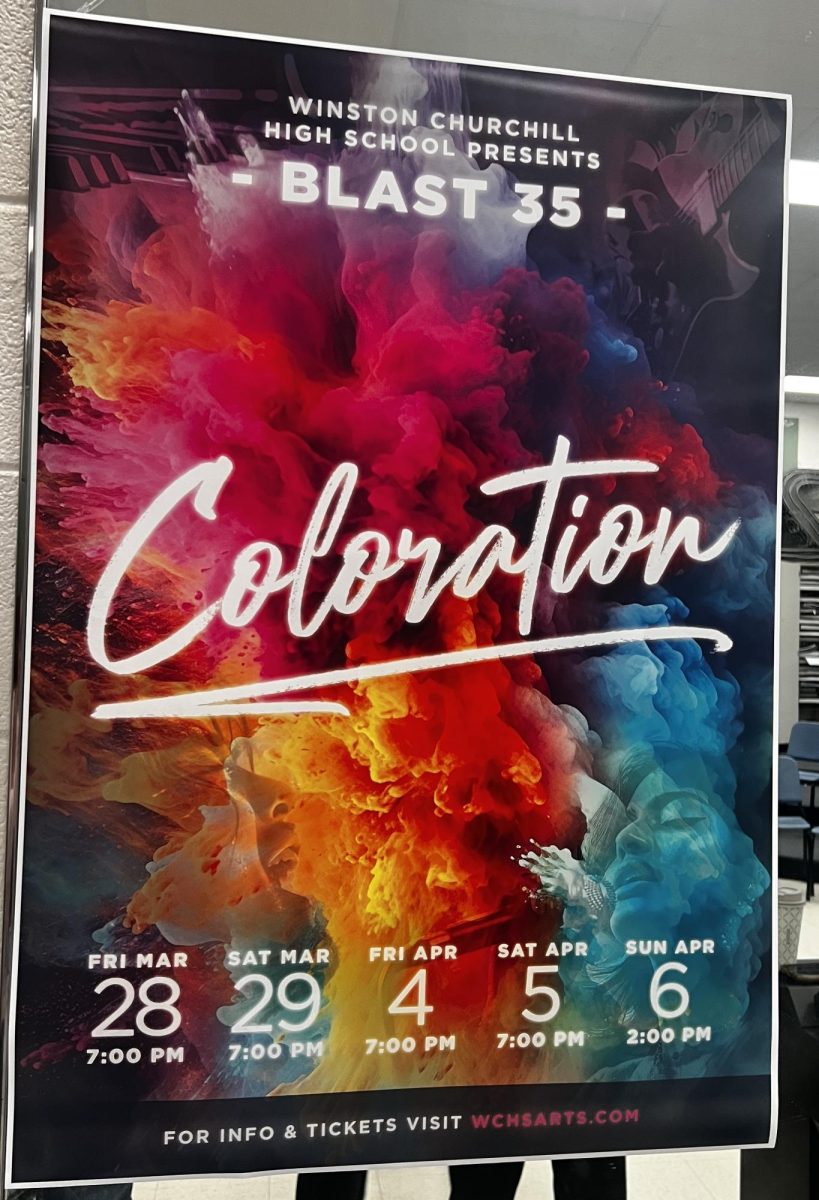In today’s world of music, there are rappers, country singers, pop sensations, rock stars, poets and musicians who want to rule the club; then there’s Lil Wayne.
The 29-year-old rapper encompasses all of the aforementioned genres plus more with his unique blend of street cred and commercial success in the release of his ninth studio album, Tha Carter IV.
According to a Sept. 6 Billboard article, Nielsen SoundScan reports first-week sales of Tha Carter IV at 964,000 copies, a feat untouched by any male artist since Wayne’s own Tha Carter III garnered first-week sales of 1.01 million copies in 2008. There’s a reason the album has sold so well in today’s steadily-declining music market. Lil Wayne is on top of the charts and at the peak of his 16-year career, and plans to solidify his relevance on Tha Carter IV.
The album’s “Intro” track starts the record off in the best way it could: no hook and no mercy as Wayne juggles his signature wordplay (“No music on, rock it acapella/And I don’t need a watch, the time is now or never”) with an arsenal of punchlines (“Straight to the money, no short cuts/Now watch me go retarded, yellow short bus”). Going back to his Intro/Outro method seen on “Walk In/Walk Out” from 2004’s Tha Carter and “Fly In/Fly Out” from 2005’s Tha Carter II, Wayne raps over the same beat to begin and end the album. “Intro” lets the listener know exactly what to expect with Tha Carter IV, whether that is an exciting thought or a warning of repetitiveness in the later tracks.
The next three tracks take the same approach with Wayne dishing out metaphor-laced lyrics over instrumentals that unfortunately sound like they could have been created by any average teenager with a beat-making program. According to a July 2011 issue of XXL Magazine, Lil Wayne felt unsatisfied with the beats that he had been receiving for Tha Carter IV, a statement that sadly holds true to some of the simplistic production on the album.
After the album’s explosive first single, “6 Foot 7 Foot” featuring Cory Gunz, the album changes its tempo with “Nightmares of the Bottom.” Using the freestyle that he used to rap at the end of his show during his I Am Still Music Tour, Wayne attempts to add poetic introspection to his subject matter. Showing barely any emotion, the record highlights the rapper’s ability to hold the listener’s attention using minimal effort.
The album’s content picks up with its current single “She Will,” which places Wayne’s metaphor-driven verses between Drake’s perfect-formula chorus about how their money and power benefit their love life. Produced by Toronto producer T-Minus, who made DJ Khaled’s “I’m On One” (also featuring Lil Wayne and Drake) and Nicki Minaj’s “Moment 4 Life” featuring Drake, a minor-chord violin harmony paired with hard-hitting 808-drums creates the perfect canvas for the Young Money Entertainment duo to craft a perfect single.
On “How to Hate” featuring T-Pain, the album’s counterpart to its highly-successful third single “How to Love,” the musical duo self-titled T-Wayne tell the listener how bad relationships taught them to hate women. Since he refrained from explicit language on the radio-friendly “How to Love,” Wayne doubles up on the curses for “How to Hate” to get the point across that girlfriends are not always what they seem.
After the album’s “Interlude,” featuring verses from Tech N9ne and Andre 3000 that are sure to excite underground and indie rap fans across the country, the album moves into its second single “John” featuring Rick Ross, followed by “Abortion.” Considering he is on probation, barring him from any drugs or alcohol for the next 3 years, the chorus for “Abortion” (“I’m a critical thinker/I’m a hell of a smoker and a bit of a drinker”) seems more like an attempt to please his drug-promoting fans rather than rap about himself.
Another fact that should be addressed: Lil Wayne cannot sing. He pulls off a respectable attempt with the album’s third single “How to Love,” an acoustic guitar-driven track that shows off a new side of the self-proclaimed best rapper alive. Singing with no auto-tune but plenty of ProTools effects, Wayne harmonizes about women who+ lost their ability to love through dark events in their past. He also adds soul to the album with a surprise John Legend feature on the female-inspired “So Special.”
After speaking to the ladies, the album ends with both sharp and bold statements. Wayne unveils his plans for the world on “President Carter,” which samples President Jimmy Carter, also Wayne’s last name, during his inaugural address. Before the album’s “Outro” with a stellar verses from southern rap legend Bun B and New York’s finest Nas, Wayne makes his most controversial move on “It’s Good” featuring Jadakiss and Drake. The album’s penultimate track includes a not-so-subtle shot at Wayne’s friend and mentor Jay-Z, a move that shows how confident Wayne is in his own legendary status in music and influence on pop culture by taking his rivalry to an uglier level.
Kidnapping threats aside, Tha Carter IV is full of thumping 808-drums, aggressive verses and incredible wordplay. Wayne’s extensive use of metaphors and wordplay, while exciting at first, can get boring with overuse and eventually become meaningless by the last song. While the album seems average in comparison to Wayne’s extensive musical catalog, it is still the top contender for 2011’s hip-hop album of the year.


